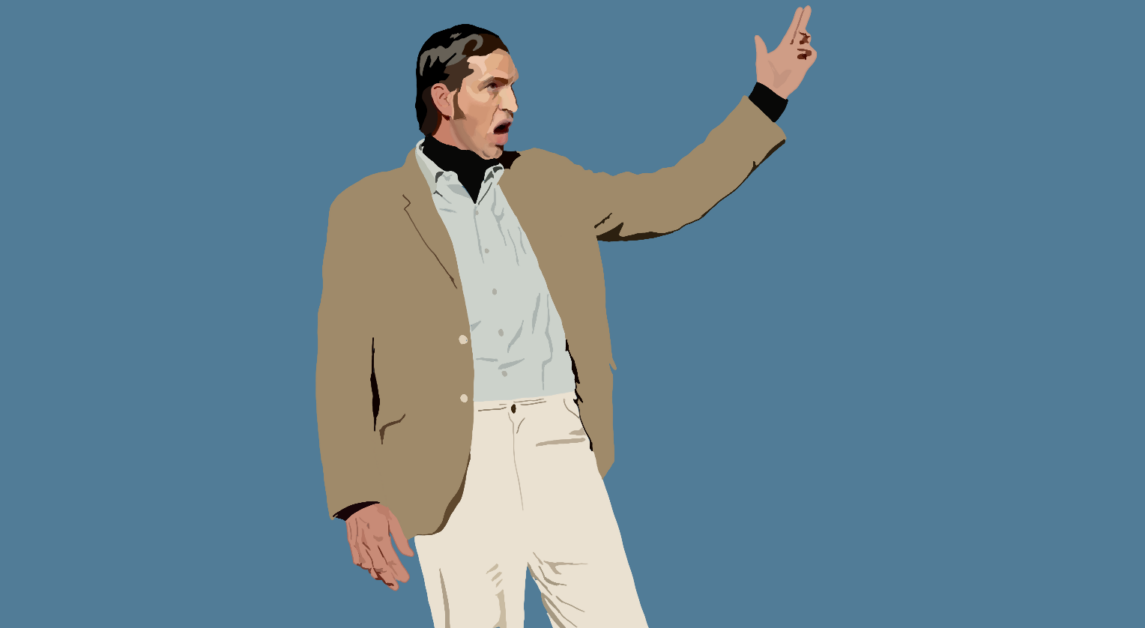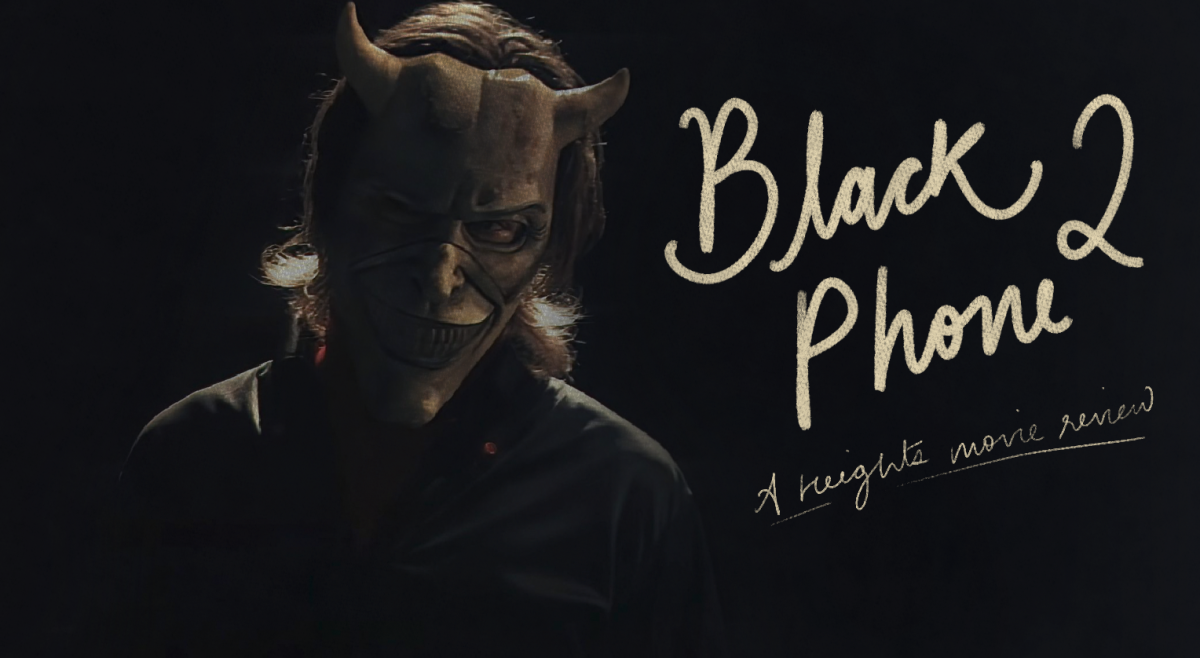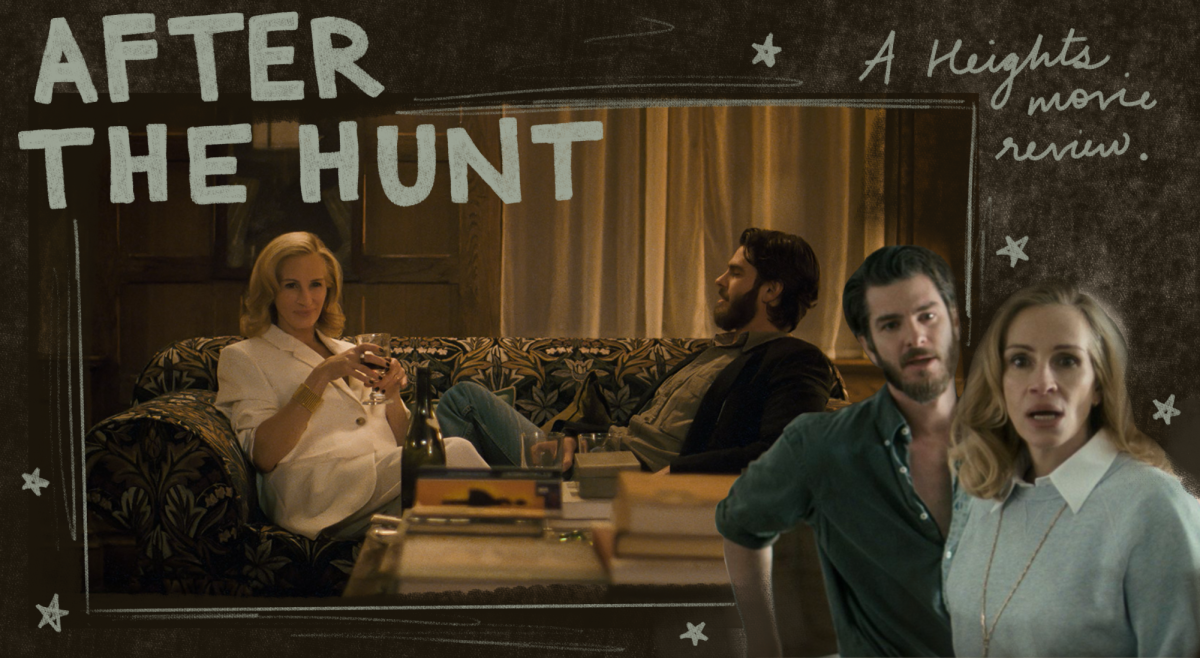★★★★★
On Oct. 11, 1975, a group of groundbreaking writers came together to change the course of comedy forever. Fast forward exactly 49 years later, and Canadian American filmmaker Jason Reitman astonished audiences by retelling this story through the release of the Saturday Night comedy-drama film.
The movie is set during the 90 minutes before the premiere of NBC’s first airing of the Saturday Night Live (SNL) television series. It follows producer Lorne Micheals (Gabriel LaBelle) and his crew of writers, actors, and technicians as they prepare to air live for the very first time.
The SNL team faced immense pressure from individual doubts, NBC executives and regulations, and the physical deterioration of the set. It’s important to remember that the writers were under the influence, the actors were getting into fights, and even lights were falling from the ceiling on that hectic Saturday night.
Reitman’s cinematographic choices truly encapsulate the tension and the overall craziness that unfolded during those 90 minutes before air time. Camera movements were chaotic and utilized a documentary style to make the audience feel dizzy and as if they too were rushing around the set to make sure that Dan Aykroyd (Dylan O’Brien) made it on time for his sketch.
The film contained an instrumental soundtrack of fast-paced music, as well as pauses for on-set musical performances in the midst of rehearsals. When the music stops, a change in scenery and tone is heavily noticeable and is defined through serious moments of character connections or a break from the chaos.
The acting in the film is astonishing as actors portrayed complex characters crucial in shaping comedy throughout the 20th century.
Matthew Rhys’ portrayal of late comedian George Carlin left the audience in heavy laughter. Rhys’ witty and sarcastic remarks were mainly in response to Carlin’s ultimate rival, also known as the NBC content regulator.
Rachel Sennott, on the other hand, handled her role as comedic writer Rosie Shuster in a warm and flirty manner to become a fan favorite with her comforting attitude toward many actors on set.
LaBelle played the producer Micheals, and he outshined Sennott in his role. He truly encapsulated the stressful demeanor that running a set requires, and yet he still was the backbone of the entire show. LaBelle managed to play a highly intense character with delicate undertones.
Overall, the film’s actors came together to showcase the SNL community and the strong chemistry that formed in the process of putting on the show’s first episode.
Nothing about this film is straightforward or consistent beside the main factors of chaos and absolute failure from every corner. The atmosphere of the SNL production was constantly shifting and bending, and when you think things couldn’t possibly get worse, they do.
But in this very sense, it answers the question of what happens when people bet on us to fail. If anything, Saturday Night proves that the show business is harder than it looks on the silver screen.
“Art is but a measure of sacrifice and tears,” Michaels says.













